press release
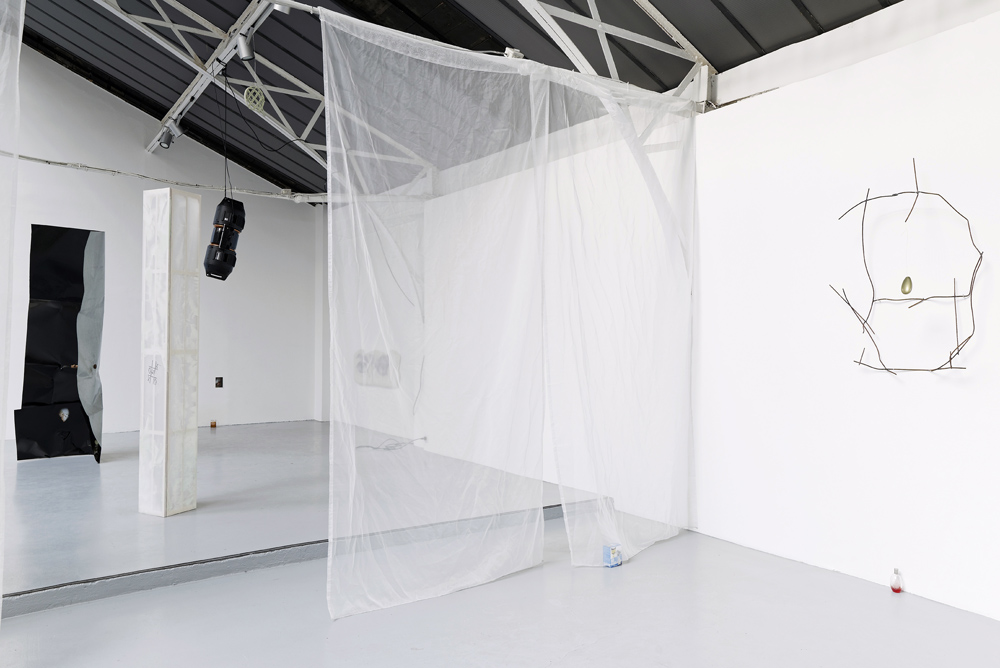 Never Land alone, 2016
Never Land alone, 2016Exhibition view, Galerie Hussenot, Paris
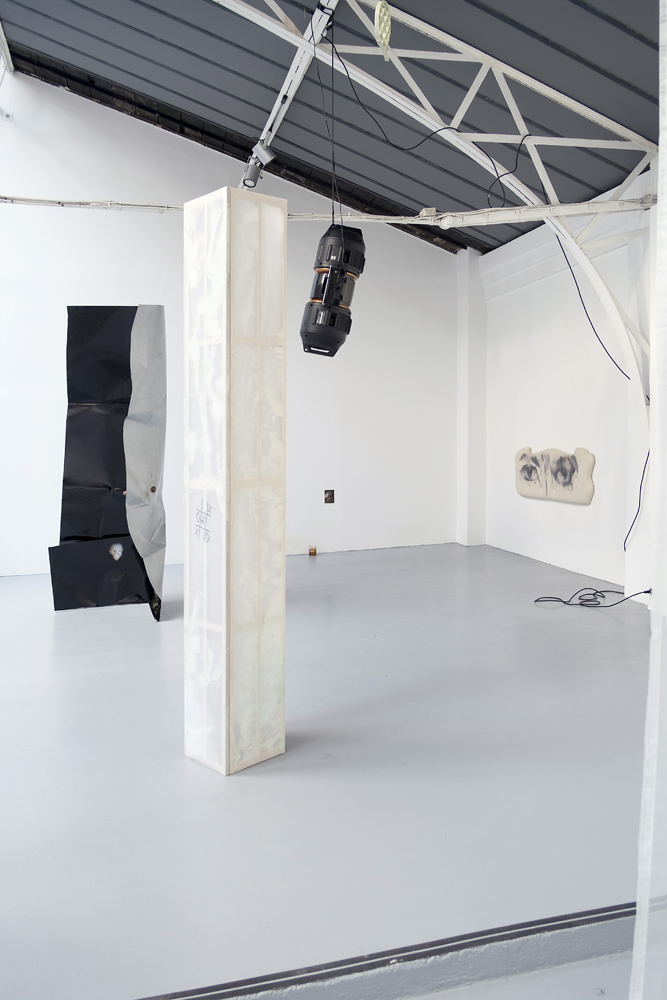 Never Land alone, 2016
Never Land alone, 2016Exhibition view, Galerie Hussenot, Paris
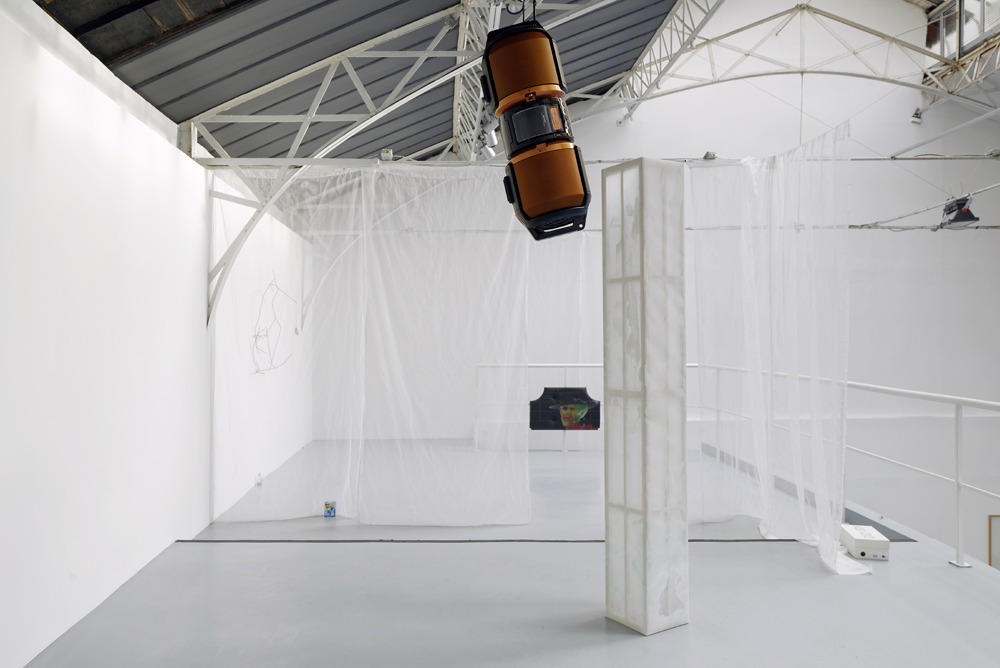 Never Land alone, 2016
Never Land alone, 2016Exhibition view, Galerie Hussenot, Paris
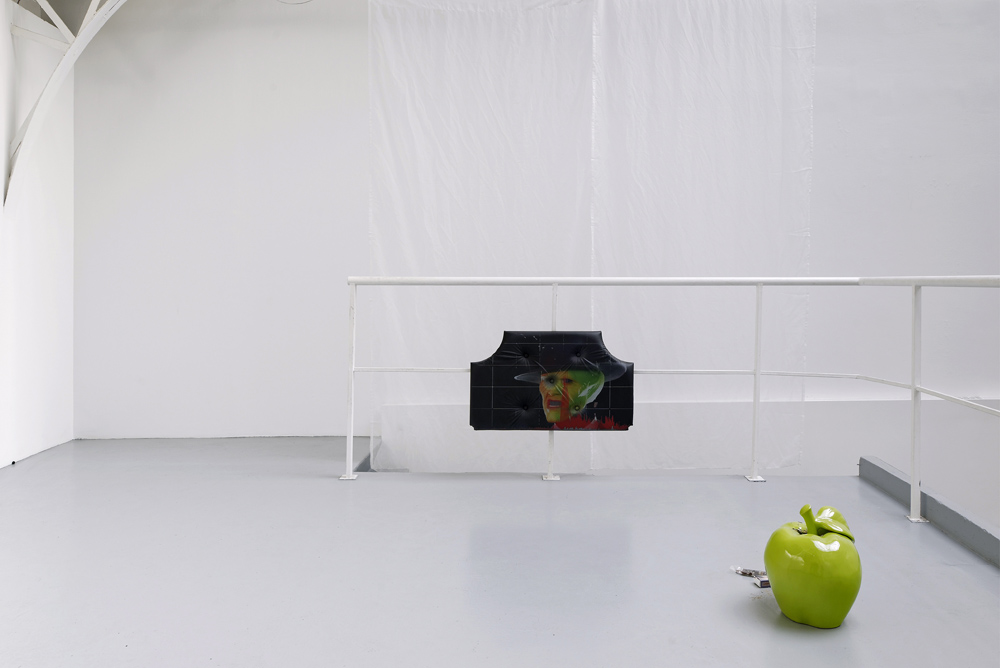 Never Land alone, 2016
Never Land alone, 2016Exhibition view, Galerie Hussenot, Paris
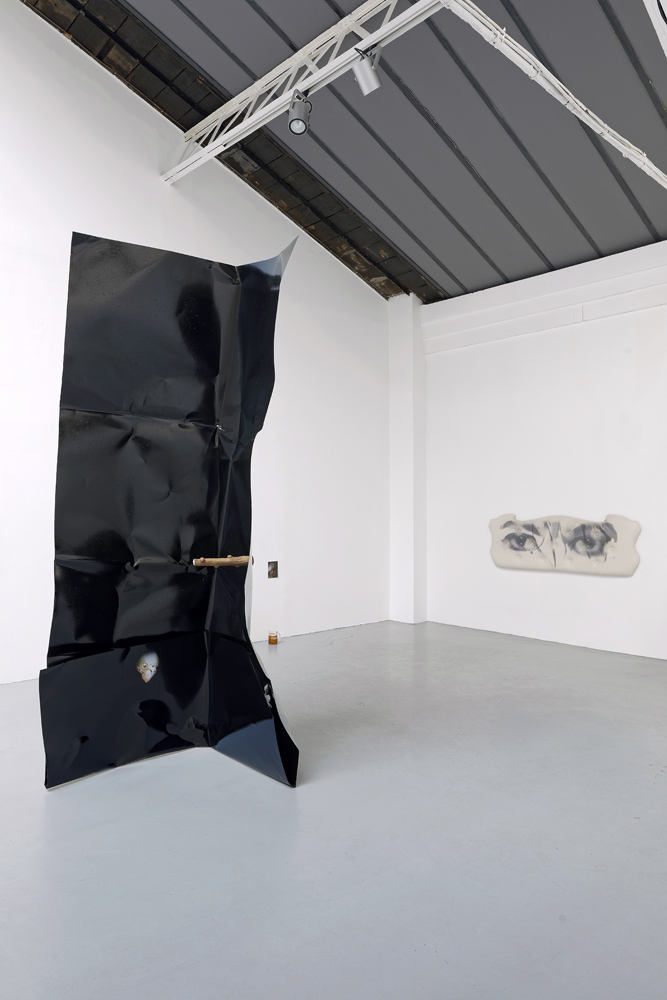 Never Land alone, 2016
Never Land alone, 2016Exhibition view, Galerie Hussenot, Paris
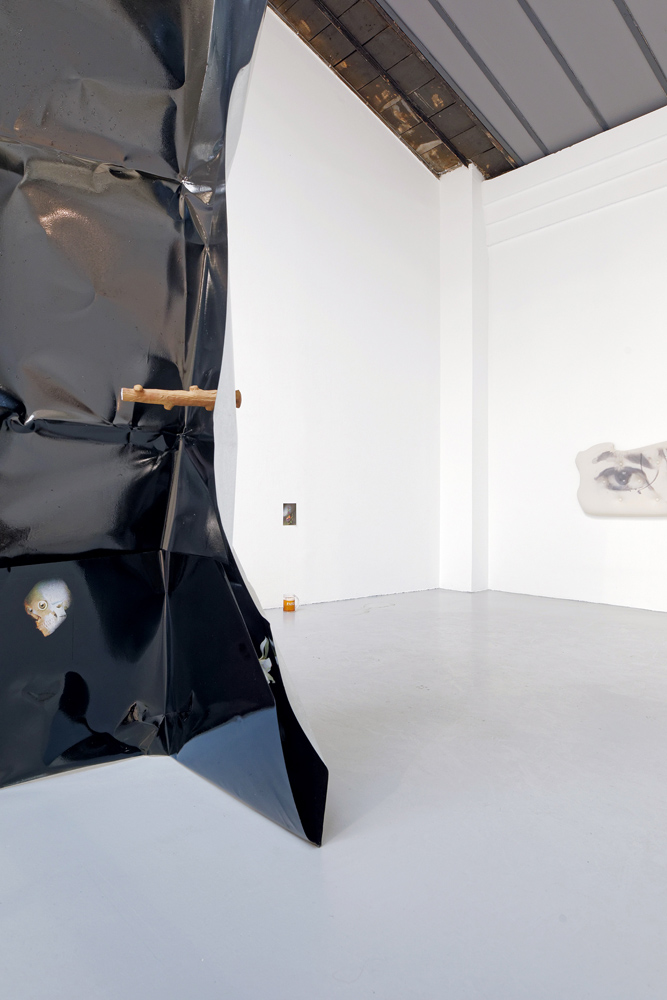 Never Land alone, 2016
Never Land alone, 2016Exhibition view, Galerie Hussenot, Paris
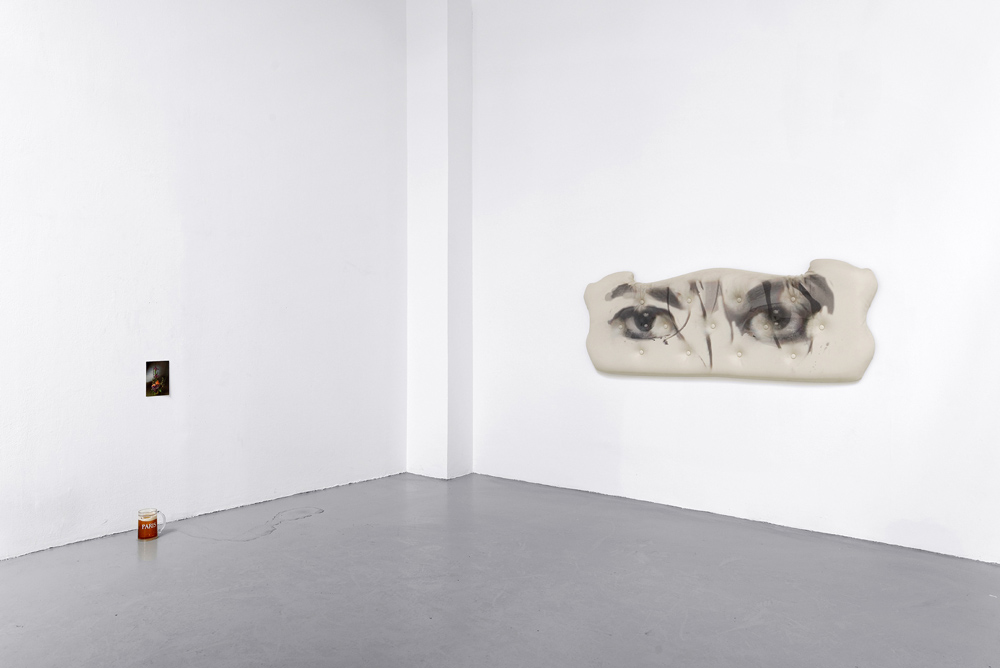 Never Land alone, 2016
Never Land alone, 2016Exhibition view, Galerie Hussenot, Paris
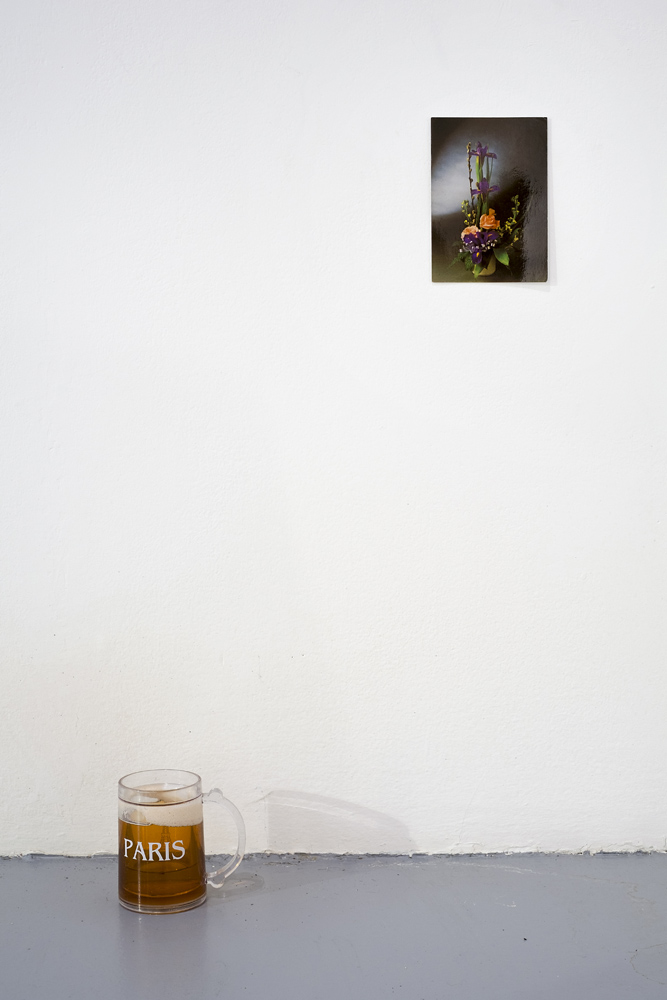 Never Land alone, 2016
Never Land alone, 2016Exhibition view, Galerie Hussenot, Paris
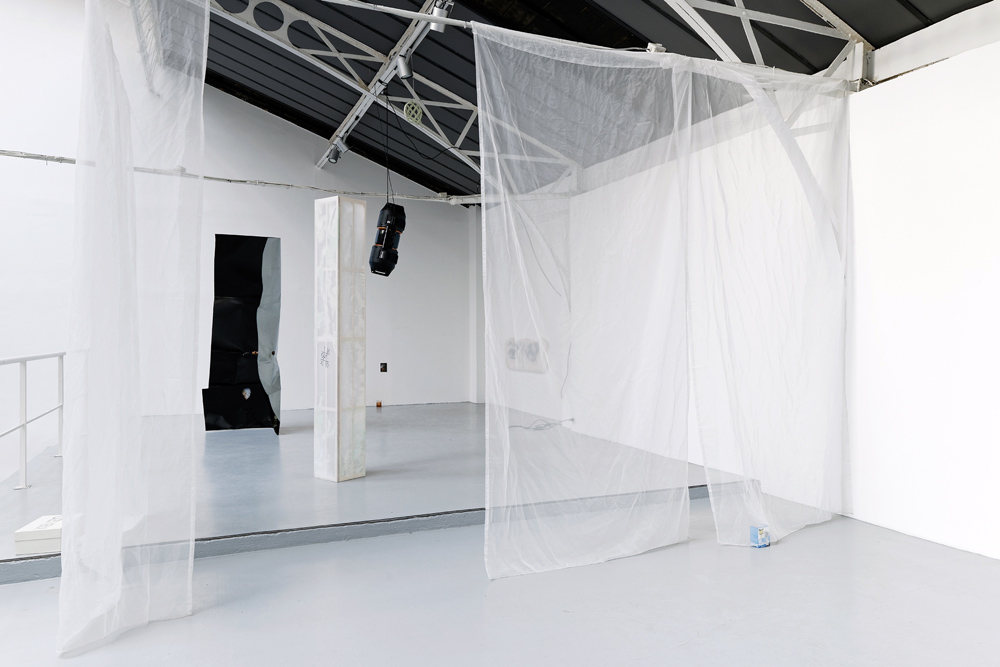 Never Land alone, 2016
Never Land alone, 2016Exhibition view, Galerie Hussenot, Paris
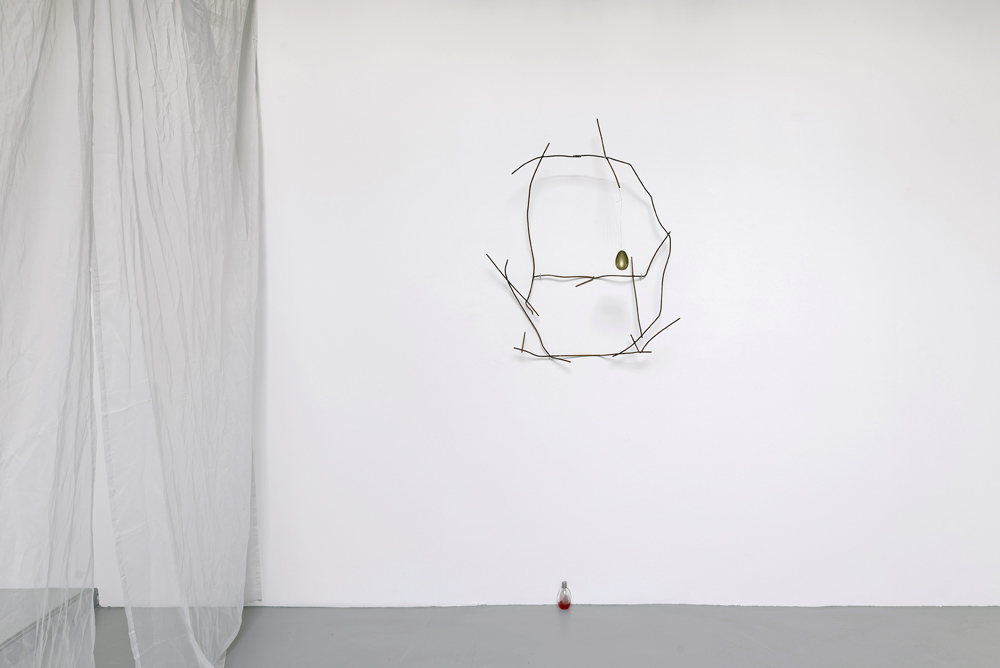 Never Land alone, 2016
Never Land alone, 2016Exhibition view, Galerie Hussenot, Paris
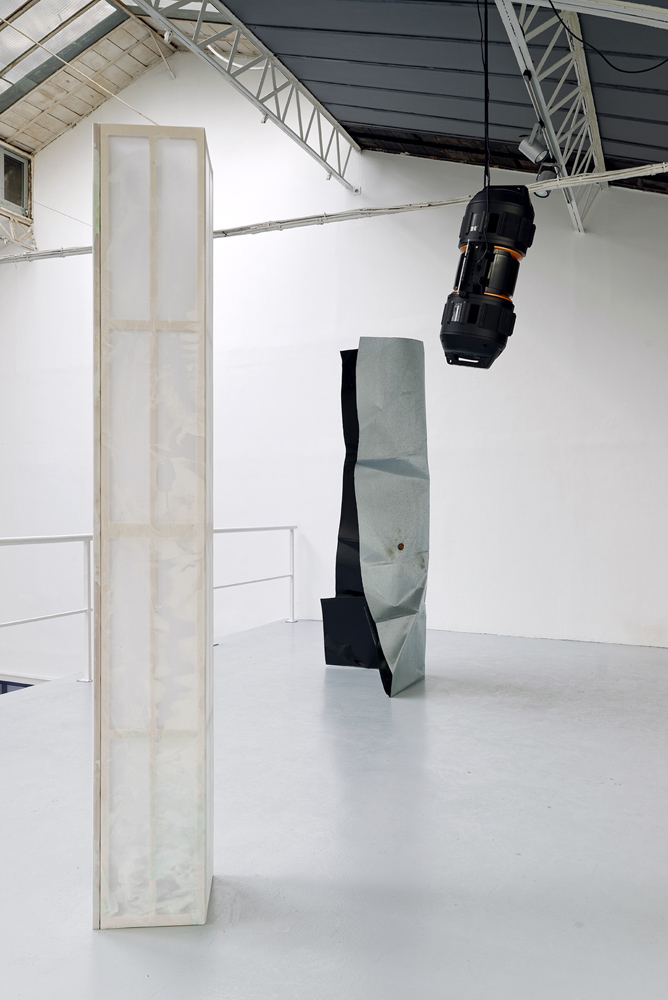 Never Land alone, 2016
Never Land alone, 2016Exhibition view, Galerie Hussenot, Paris
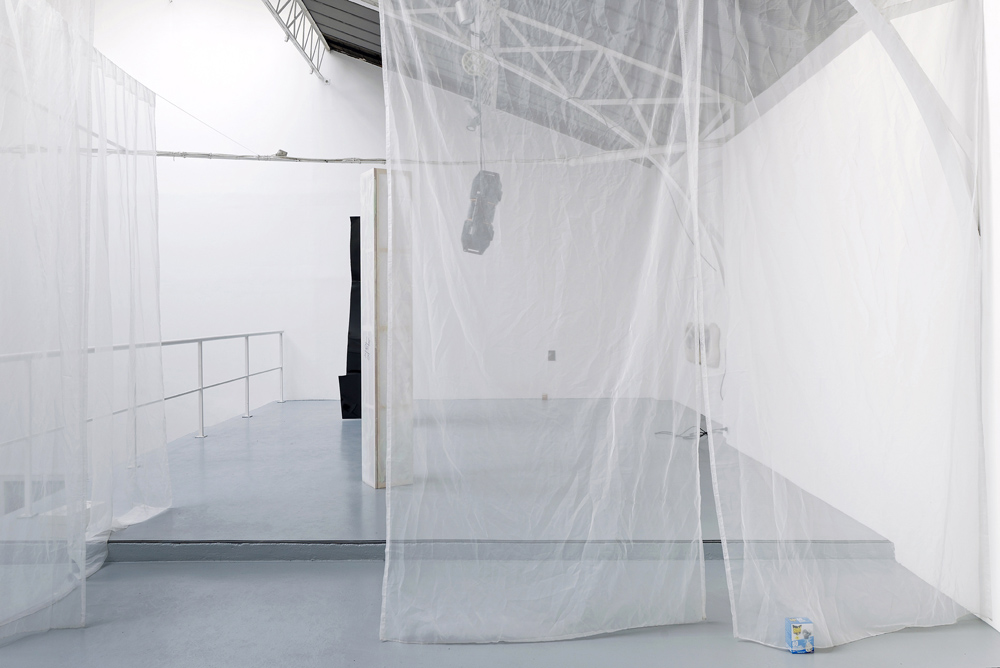 Never Land alone, 2016
Never Land alone, 2016Exhibition view, Galerie Hussenot, Paris
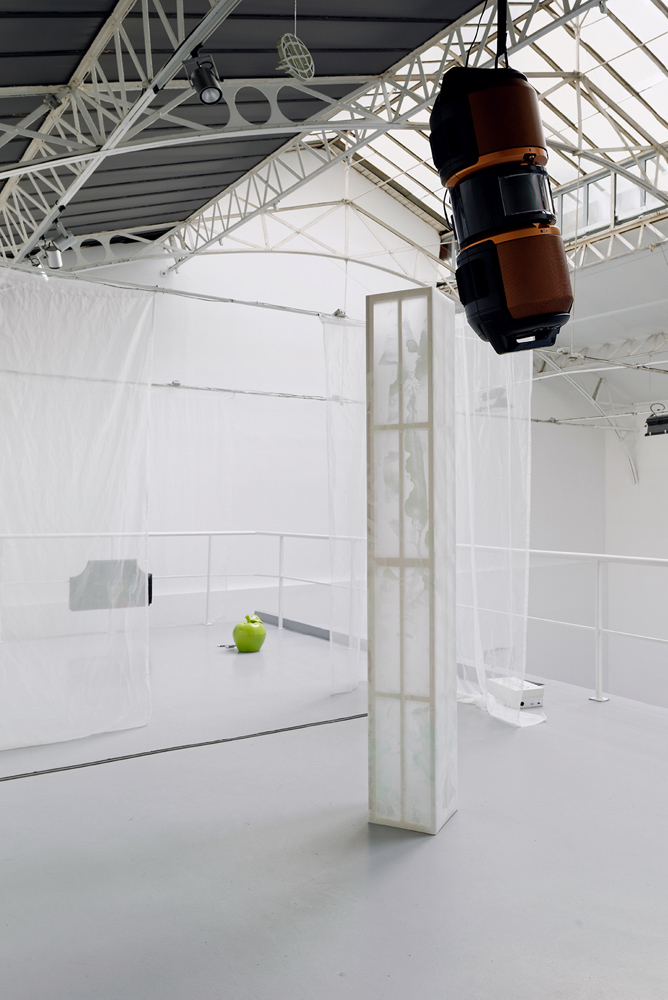 Never Land alone, 2016
Never Land alone, 2016Exhibition view, Galerie Hussenot, Paris
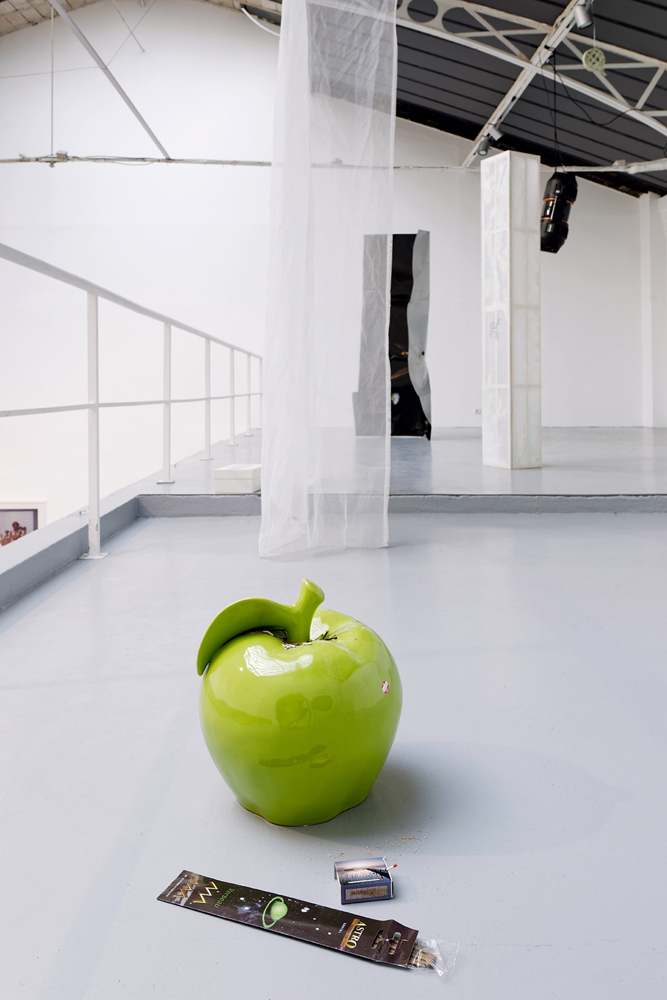 Never Land alone, 2016
Never Land alone, 2016Exhibition view, Galerie Hussenot, Paris
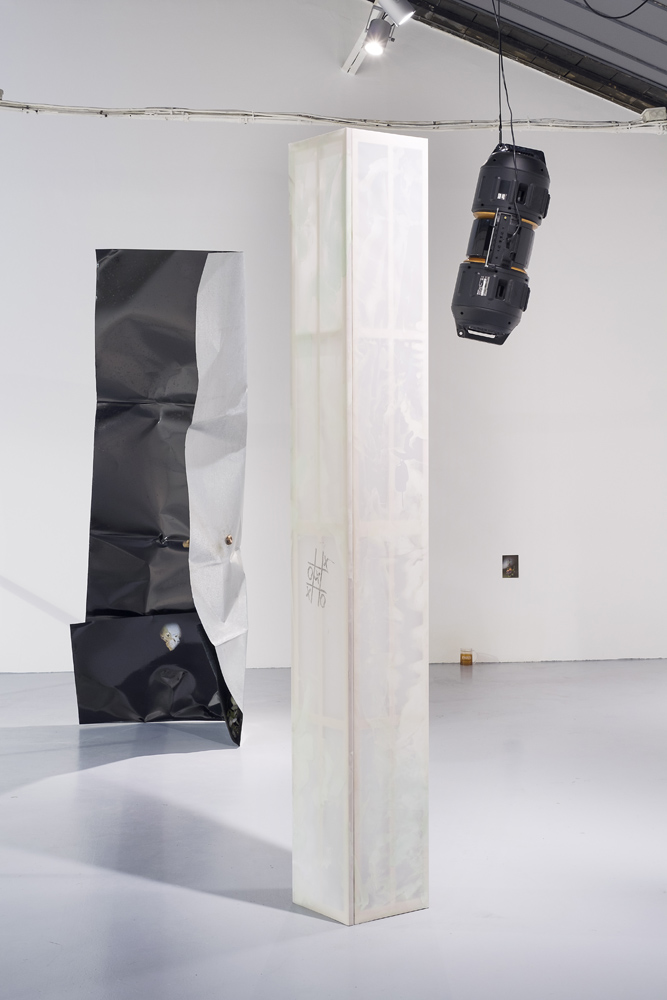 Never Land alone, 2016
Never Land alone, 2016Exhibition view, Galerie Hussenot, Paris
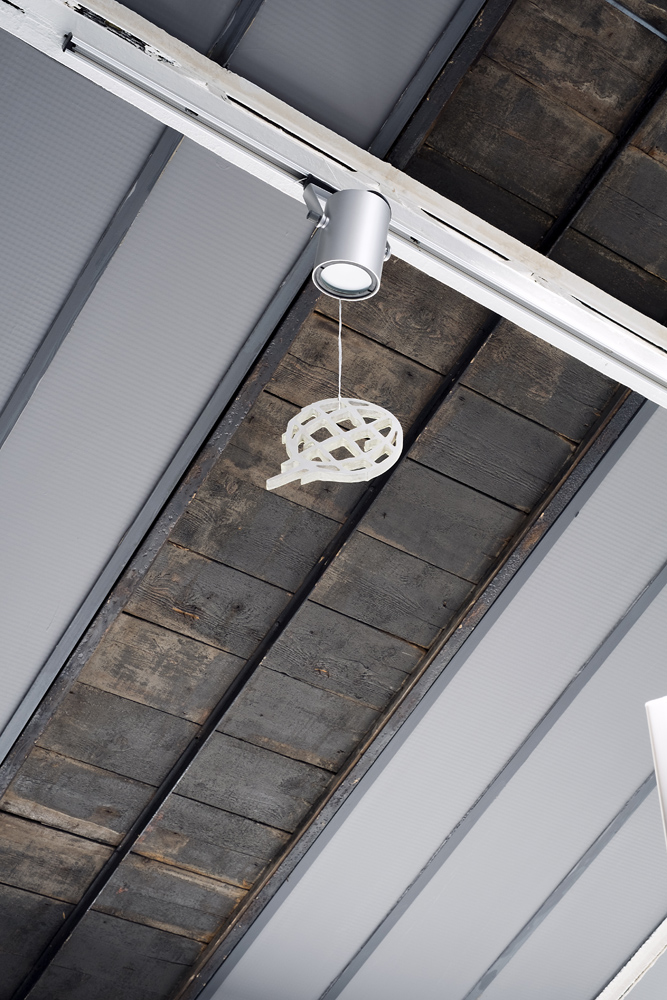 Never Land alone, 2016
Never Land alone, 2016Exhibition view, Galerie Hussenot, Paris
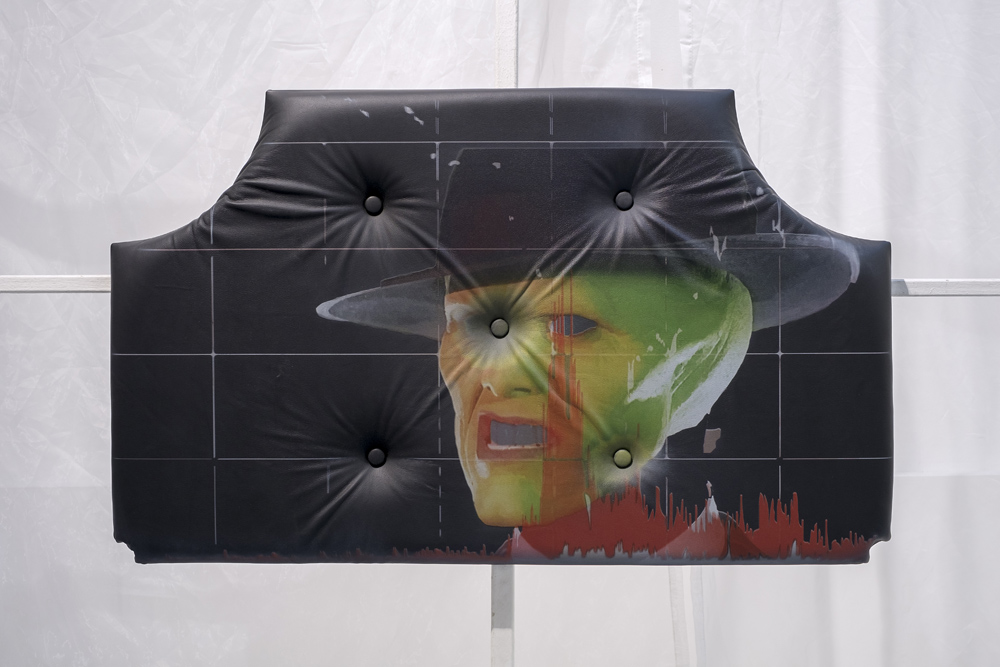 Isaac Lythgoe, Let me show you the sights, 2015
Isaac Lythgoe, Let me show you the sights, 2015UV print on automotive leather
93 x 56 cm
Inquire
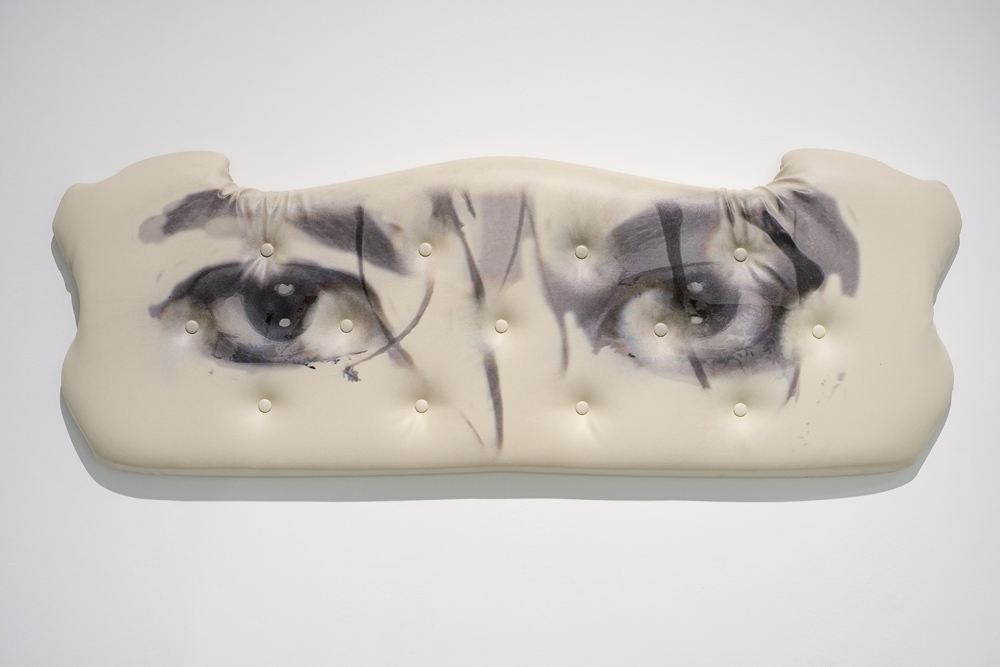 Isaac Lythgoe, And we said look at that fucker dance, 2015
Isaac Lythgoe, And we said look at that fucker dance, 2015UV print on marine-grade faux leather
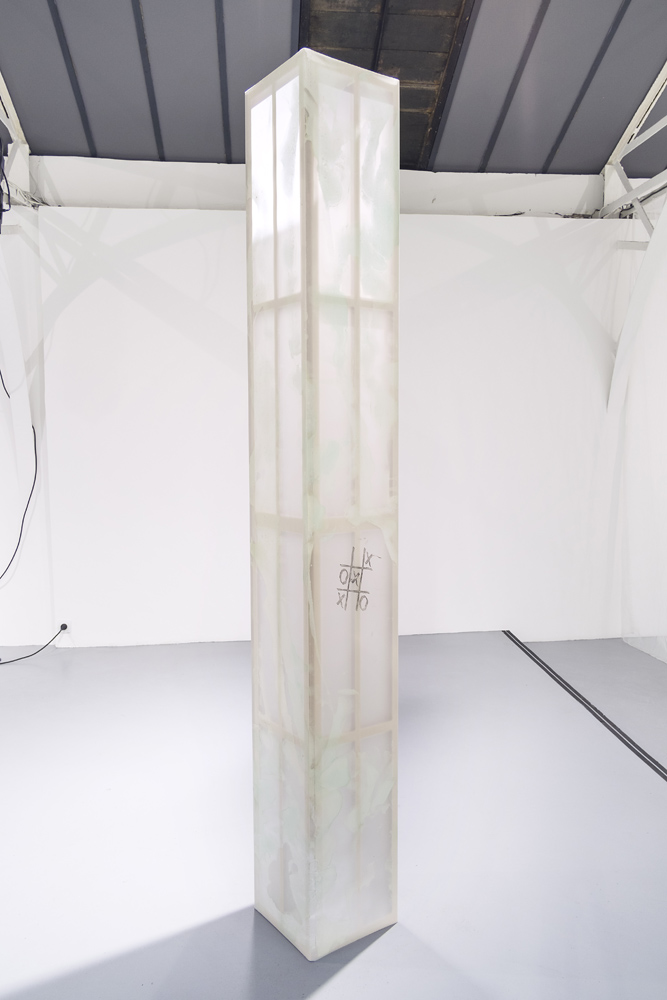 Isaac Lythgoe, The street finds its own uses for things, 2016
Isaac Lythgoe, The street finds its own uses for things, 2016Birch-plywood, drafting film, acrylic
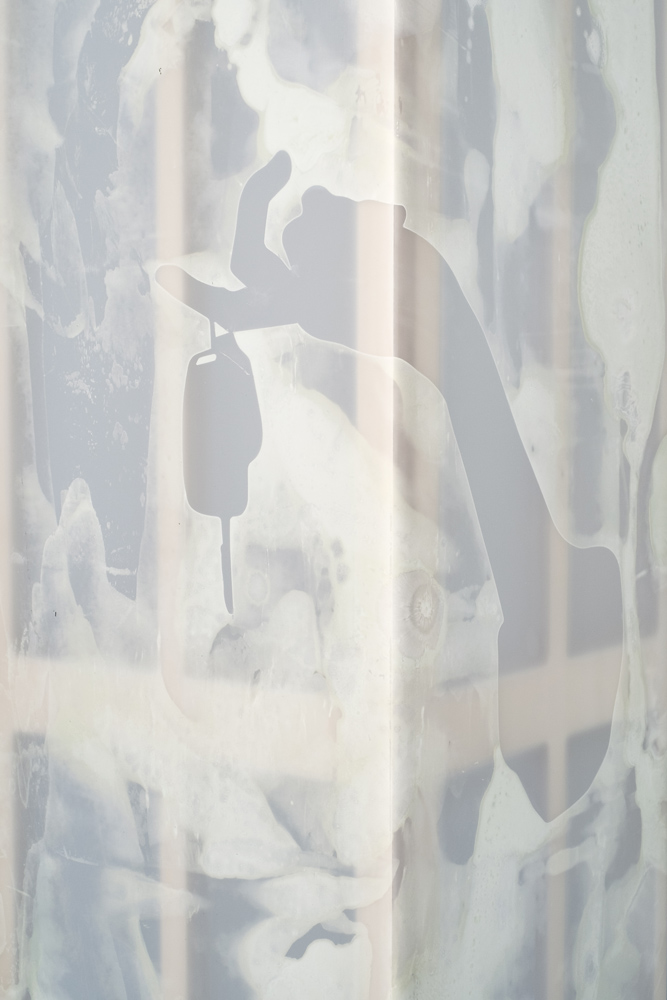 Isaac Lythgoe, The street finds its own uses for things, detail, 2016
Isaac Lythgoe, The street finds its own uses for things, detail, 2016Birch-plywood, drafting film, acrylic
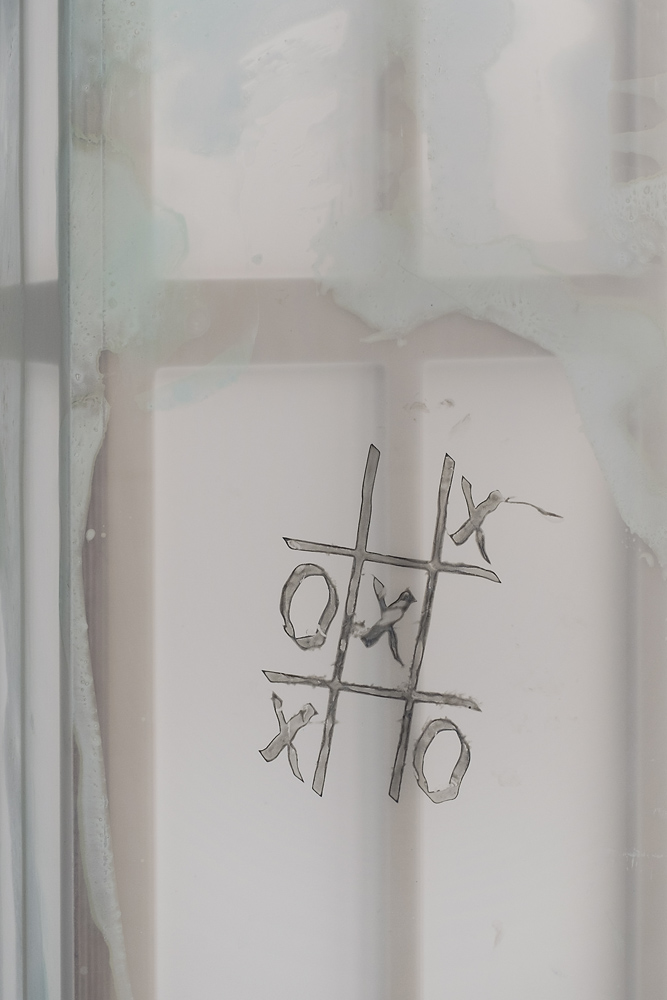 Isaac Lythgoe, The street finds its own uses for things, detail, 2016
Isaac Lythgoe, The street finds its own uses for things, detail, 2016Birch-plywood, drafting film, acrylic
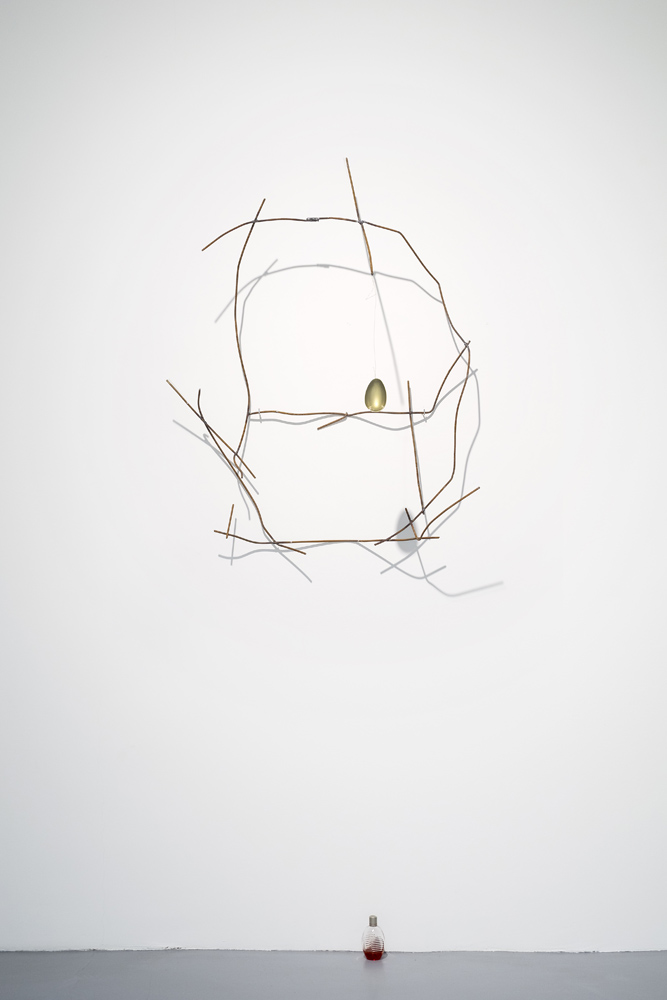 Jack Lavender, Whatever is around us is in side us, 2016
Jack Lavender, Whatever is around us is in side us, 2016Metal, wire, plastic egg, aftershave
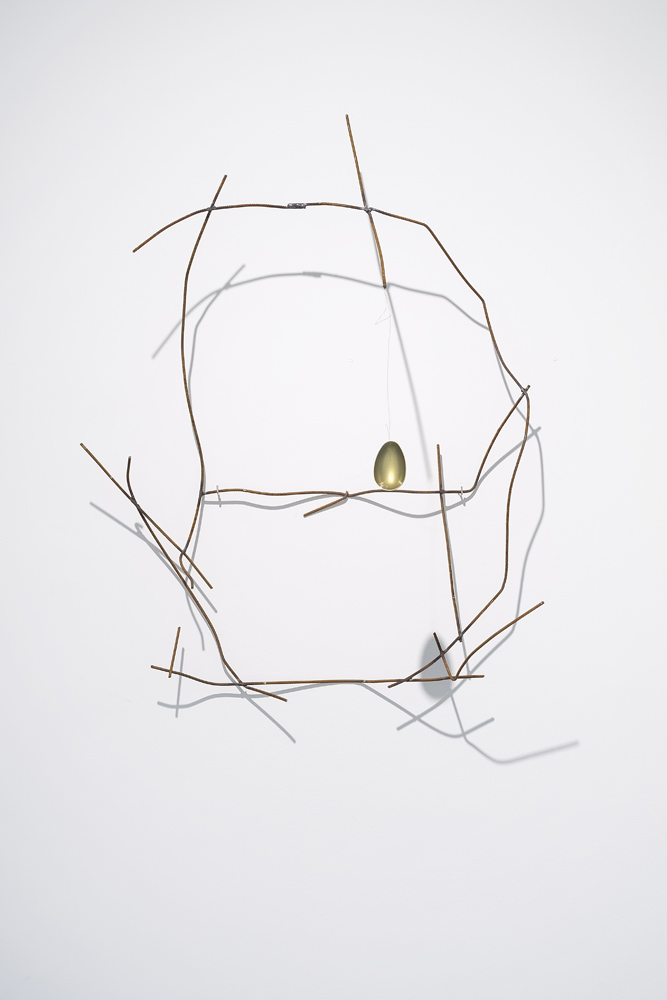 Jack Lavender, Whatever is around us is in side us, detail, 2016
Jack Lavender, Whatever is around us is in side us, detail, 2016Metal, wire, plastic egg, aftershave
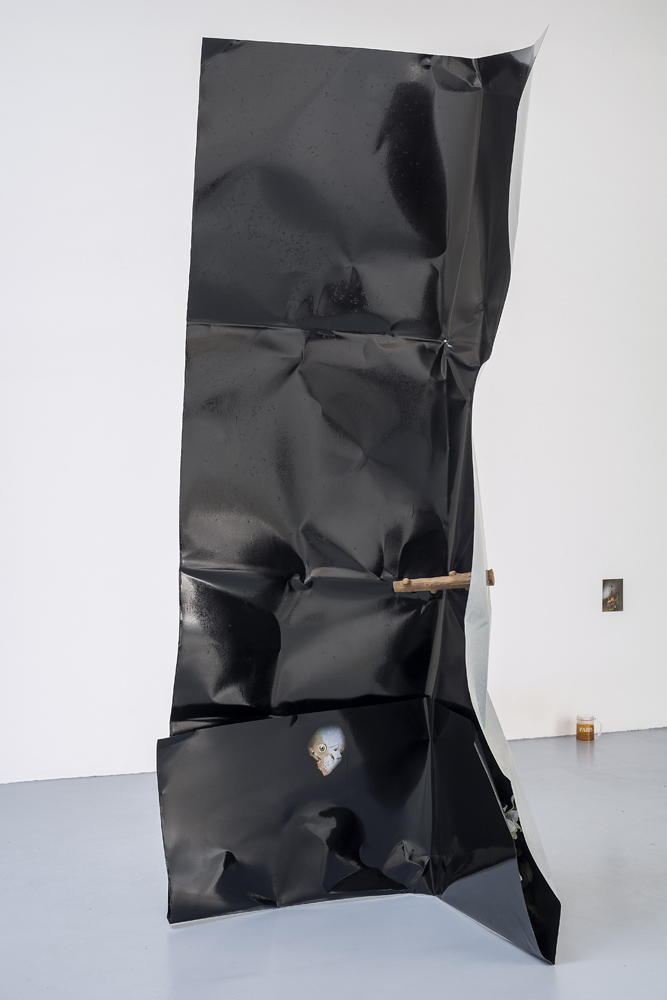 Jack Lavender, The Past’s All-Pervading Effect on the Present, 2015
Jack Lavender, The Past’s All-Pervading Effect on the Present, 2015Steel, paper, gloss, dirt, rubber tree branch
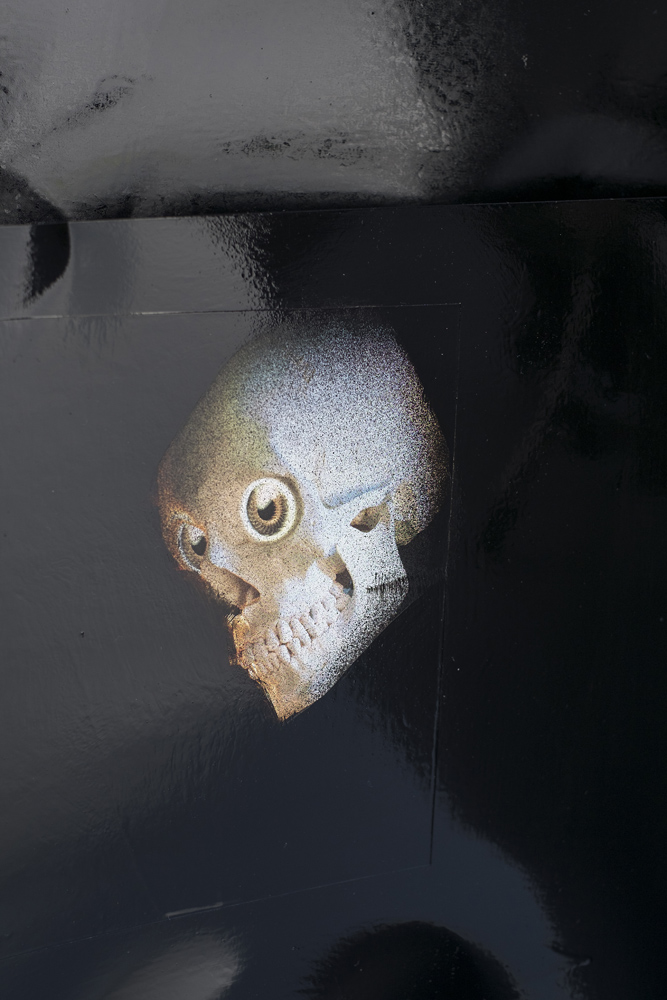 Jack Lavender, The Past’s All-Pervading Effect on the Present, detail, 2015
Jack Lavender, The Past’s All-Pervading Effect on the Present, detail, 2015Steel, paper, gloss, dirt, rubber tree branch
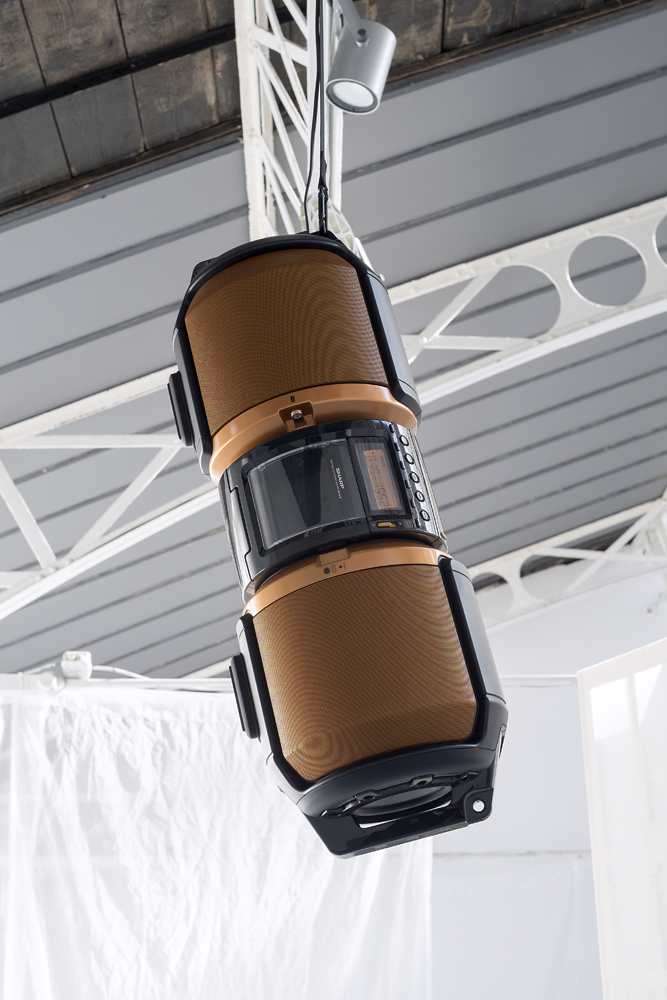 Jack Lavender, Falling Waters, 2013
Jack Lavender, Falling Waters, 2013Stereo, data traveler
The pseudoscorpion - Lasiochernes pilosus - is a secretive scorpion like insect that makes home in the nests of moles. Before pseudoscorpions mate, they dance - a private underground minute - observed only by moles and voyeuristic entomologists. When a male finds a receptive female, he grasps her claws in his and pulls her toward him. If she resists, he circles, clinging to her claws and pulling her again to him, refusing to take no for an answer. He tries again, stepping forward and pulling her toward him with trembling claws. If she continues to resist, he steps back continuing to dance: circling, pausing to tug on her reluctance, then circling again.
After an hour or more of dancing, she inevitably succumbs, convinced that the dance steps of his have found a matching rhythm in her own. He deposits a pocket of sperm on the ground that has been cleared of debris by their dancing feet. His claws quiver, he draws her forward, positioning her over the package of sperm. Willing at last she presses her genital pore to the ground and takes the sperm into her body.
Biology texts note that the male scorpion’s claws tremble as he dances, but they do not say why. They do not speculate on his emotions, his motives, his desires. That would not be scientific. I theorise that the male pseudoscorpion is eager. Among the everyday aromas of mole shit and rotting vegetation, he smells the female and the perfume of her fills him with lust. But he is fearful and confused: a solitary insect, unaccustomed to socialising, he is disturbed by the presence of another of his kind. He is caught by conflicting emotions: his all- encompassing need, his fear, and the strangeness of the social situation.
I have given up on the pre tense of science. I speculate about the motives of the pseudoscorpion, the conflict and desire embodied in his life.
The male bowerbird attracts a mate by constructing a sort of art piece. From sticks and grasses, he builds two close-set parallel walls that join together to make an arch. He decorates this structure and the area around it with gaudy trinkets: bits of bone, shiny green leaves, flowers, bright stones and feathers cast off by gaudier birds. In areas where people have left their trash, he uses cables and coins and fragments of broken glass.
He sits in his bower and sings, proclaiming his love for any and all females in the vicinity. At last, a female admires his bower, accepts his invitation, and they mate.
The bowerbird uses discrimination in decorating his bower. He chooses his trinkets with care, selecting a bit of glass for its glitter, a shiny leaf for its elegance, a cobalt-blue feather for a touch of colour. What does he think about as he builds and decorates? What passes through his mind as he sits and sings, advertising his availability to the world?
… the street finds its own uses for things.
– Isaac Lythgoe